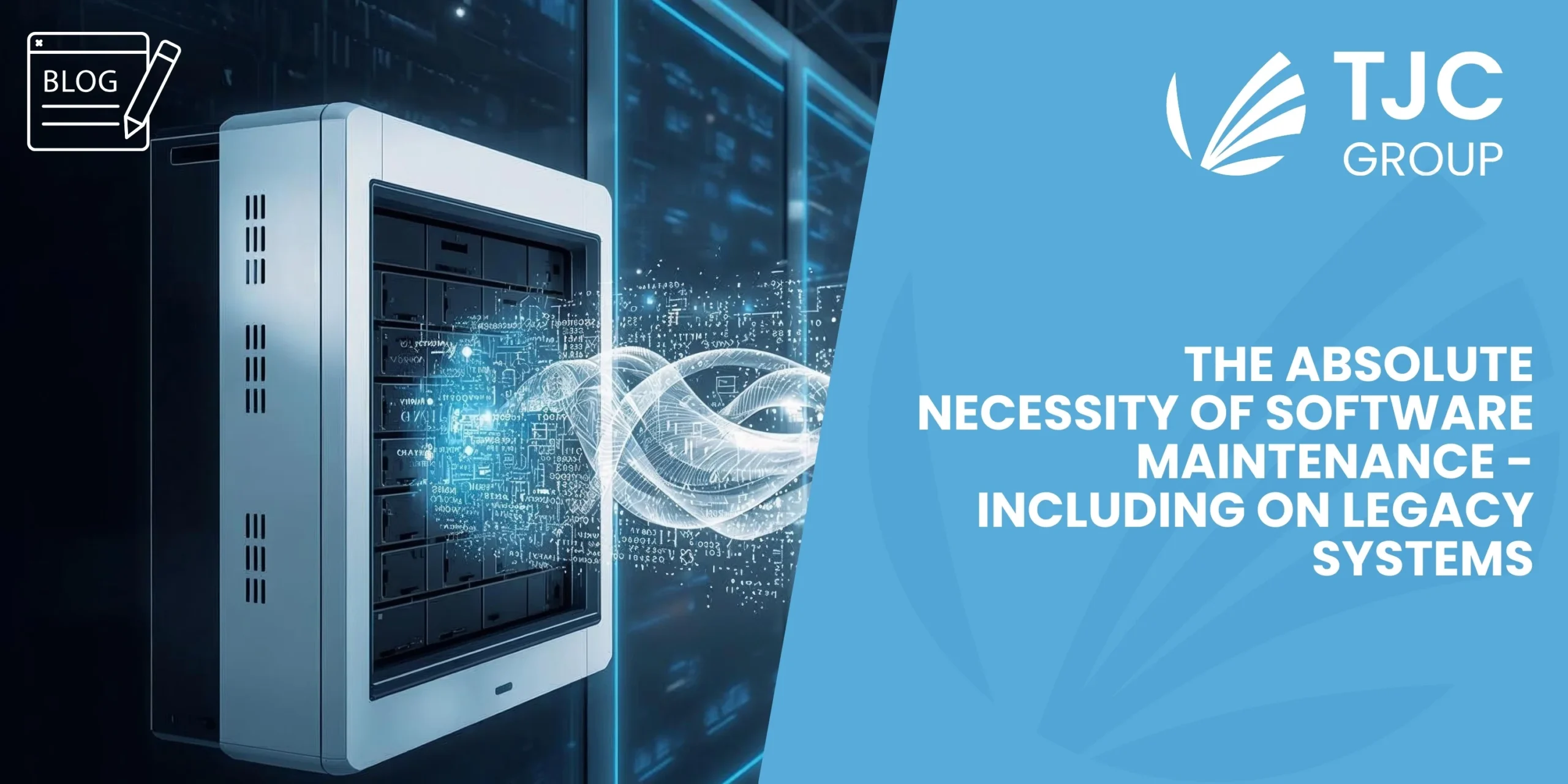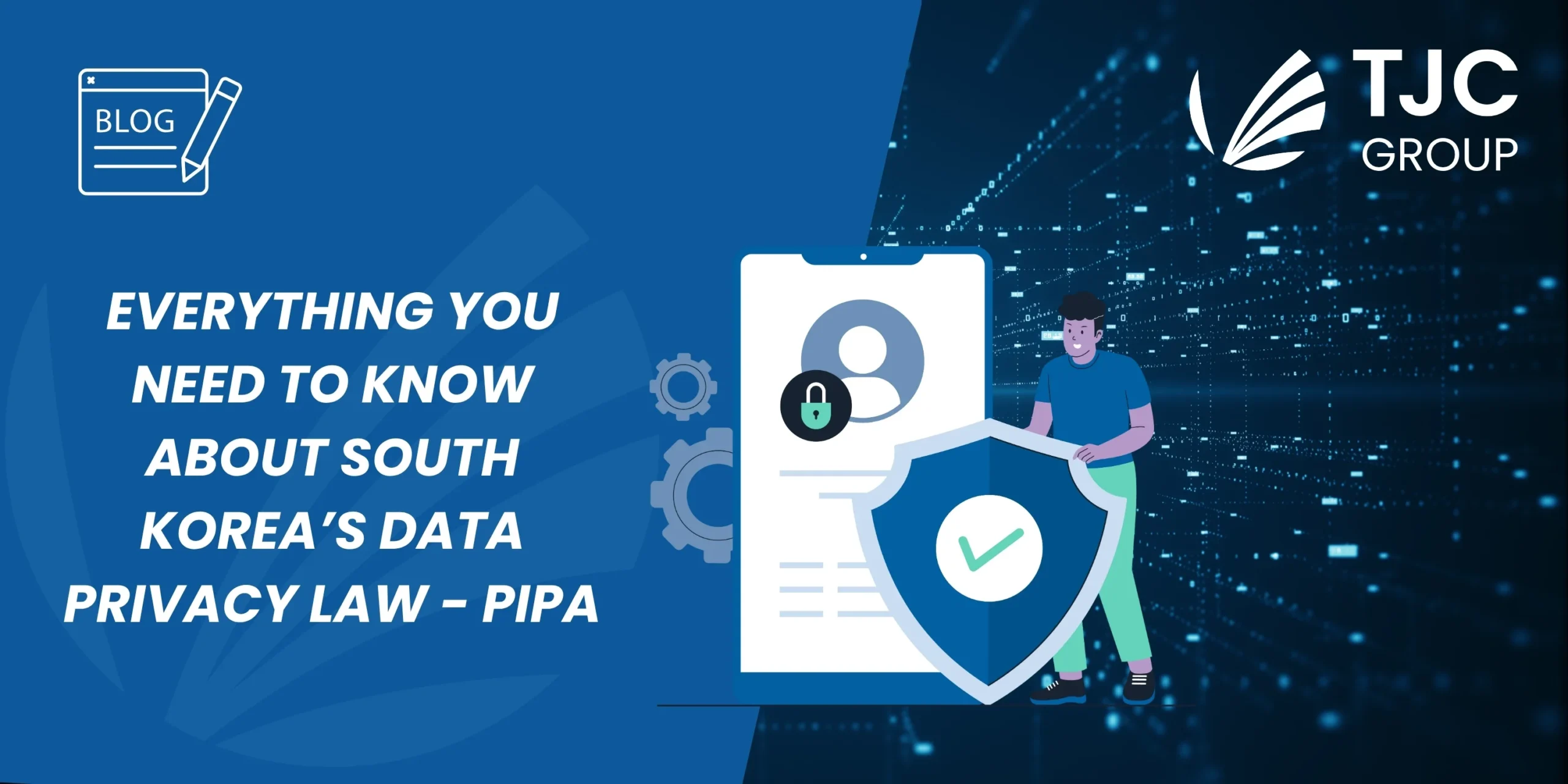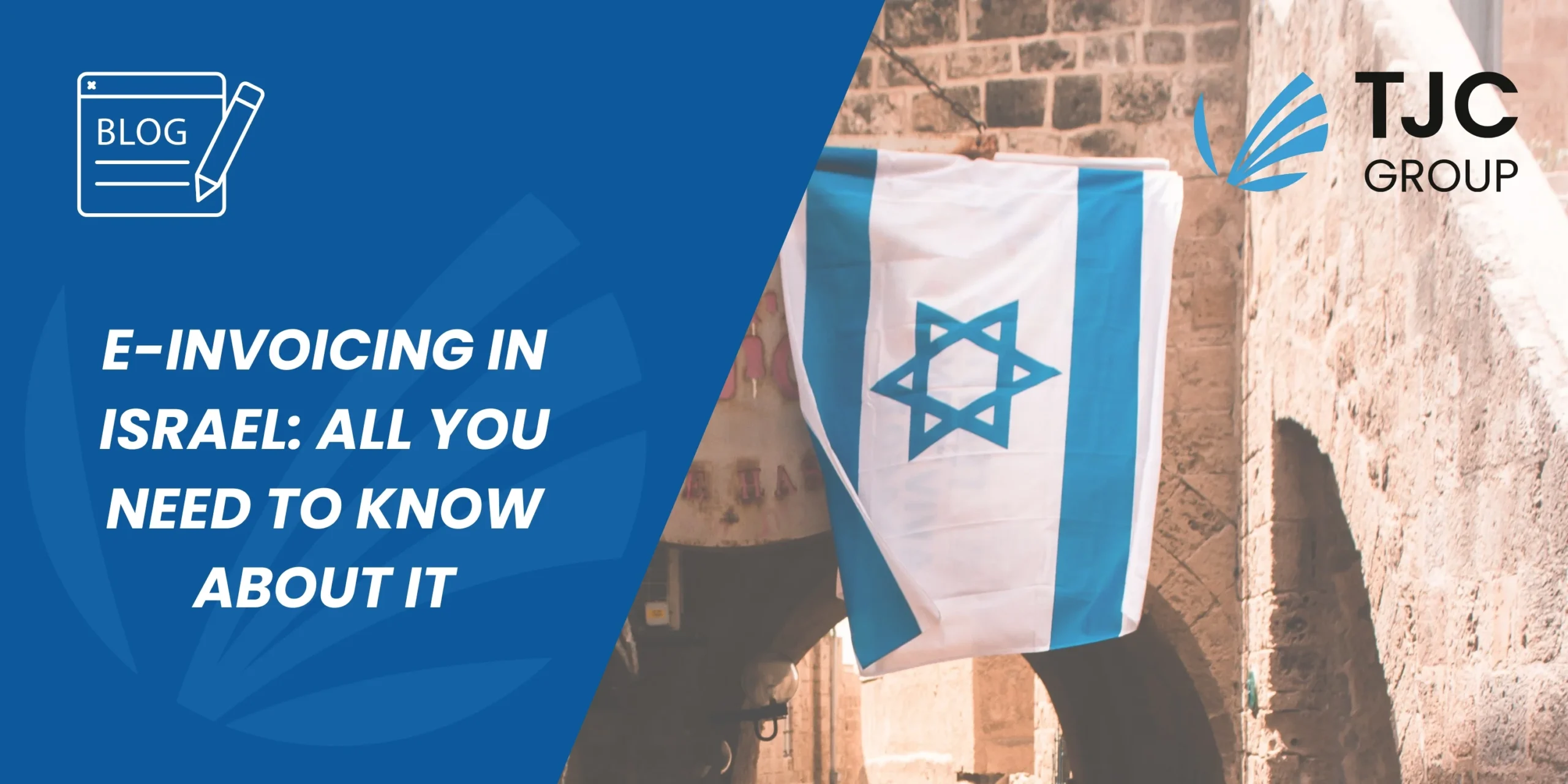14th March 2024
The tax authority of Israel announced the granting of an additional extension to the operation of e-invoicing in Israel mandate. On 26th February 2024, the Israeli authorities granted the extension till 05th May 2024, wherein businesses receiving tax invoices in an amount exceeding NIS 25,000 can deduct the input tax only if there is an allocation number for the invoice.
Why is the delay announced?
Interestingly, the government opted for this additional extension considering businesses that haven’t completed their technological preparations for compliance with the law. However, organisations that have completed their e-invoicing technological preparations have the freedom to issue their allocation numbers.
Subsequently, keep in mind that, because of the ongoing conflict in the country, employing the e-invoicing model in Israel becomes important. This is because authorities have to deal with the possible occurrence of fictitious invoices, black capital, and damage of billions of shekels to the state assets.
E-invoicing in Israel | In the coming days
In the upcoming weeks, authorities will proactively contact businesses that issue invoicing over NIS 25,000 – to help them register in the system for implementing the e-invoicing in Israel mandate as per the law.
As a matter of fact, the VAT law amendment regarding the tax invoice numbers allocation intends to combat the occurrence of fictitious invoices. Interestingly, as a part of the law, as of 1st January 2024, it was decided that tax authorities would issue allocation numbers through an online system for tax invoices. This allocation number is mandatory as a condition for the deduction of input tax in transactions above the upper limit set by the law. Additionally, this must be according to the outline prescribed by the law.
Final word
Although on 23rd October 2023, authorities granted the initial extension of e-invoicing in Israel to 1st April 2024, upon the requests received from several businesses, an additional extension of one month has been granted.
With the ever-changing tax and regulatory landscape, updates, delays, and more for e-invoicing and e-reporting are bound to come. TJC Group stays on top of these updates and continues to publish important information about e-invoicing in Israel, Malaysia, France, and countries across the globe. Head on to our page for more!
For your e-invoicing and e-reporting requirements, you can contact us here!
FAQs
Q1. How does the e-invoicing system work in Israel?
Answer:
The country has adopted a clearance model for e-invoicing. Here’s how e-invoicing in Israel works:
- The supplier generates an invoice for B2B transactions
- Before issuing the invoice to the buyer, the supplier must submit the information of the invoice to the ITA’s electronic system (SHAAM) in JSON format.
- The ITA validates the submitted data
- If approved, the ITA issues a unique allocation number for the invoice
- The allocation number must be included in the invoice before sending it to the buyer
- The buyer can only deduct the input VAT on invoices that have a valid allocation number
- The buyer can optionally verify the supplier’s details against the data declared to the ITA using the allocation number
Q2. Why is Israel giving an extension to the operation of the invoicing model?
Answer:
The primary reason behind this extension is that the government wants to give extra time to the businesses that are not ready for the mandate in terms of technological advancements. The fact of the matter is that with e-invoicing mandate in place, the authorities can easily tackle issues such as fictitious invoices, black capital, and damage of billions of shekels to state assets.
Q3. Is e-invoicing mandatory in Israel?
Answer:
E-Invoicing in Israel has no strict mandate requiring businesses to issue invoices in a specific format. However, obtaining an allocation number is mandatory for VAT deduction on B2B invoices exceeding certain thresholds. That’s why, for companies dealing with transactions above such criteria, it becomes necessary for their customers to claim input VAT.
Q4. What is an allocation number?
Answer:
An allocation number is a unique digital identifier issued by the tax authority of Israel for a B2B invoice after successful submission and validation of invoice data. You can consider this number as an approval stamp, and it must be present on the invoice for the buyer to be eligible to deduct input VAT.
Q5. What information must be on the invoice to obtain an allocation number?
Answer:
The following information is required to obtain an allocation number:
- Supplier VAT number
- Buyer VAT number
- Invoice number
- Invoice data
- Amount before VAT
- VAT amount
- Total amount including VAT
Q6. What is the timeline for implementing e-invoicing in Israel?
Answer:
E-invoicing in Israel implementation is being rolled out in phases based on the invoice value (excluding VAT); these phases are:
- May 5, 2024: Invoices exceeding NIS 25,000
- January 1, 2025: Invoices exceeding NIS 20,000
- January 1, 2026: Invoices exceeding NIS 10,000
- June 1, 2026: Invoices exceeding NIS 5,000
Q7. Is there any specific format to follow between the supplier and buyer?
Answer:
No, while the data transmitted to the ITA must be in JSON format, the format of the invoice exchanged between the supplier and the buyer can be in any agreed-upon format, as long as it includes the mandatory allocation number for applicable invoices.










